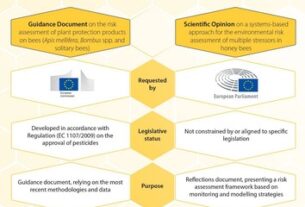EMA’s Emergency Task Force (ETF) has cautioned that monoclonal antibodies[1] currently authorised for COVID-19 are unlikely to be effective against emerging strains of SARS-CoV-2.
These monoclonal antibodies are designed to neutralise the virus by binding to the spike protein on its surface. However, emerging strains have mutations in this protein which can reduce the ability of the antibodies to bind to them.
Recent laboratory studies show that monoclonal antibodies targeting the spike protein are poorly effective at neutralising Omicron strains BA.4.6, BA.2.75.2 and XBB. The data also show that these monoclonal antibodies do not significantly neutralise BQ.1 and BQ.1.1, which are expected to become the dominant strains in the EU in the coming weeks.
Although it is not yet known to what extent the reduced neutralising activity translates into reduced benefits for patients, healthcare professionals will need to consider alternative treatments, especially if subvariants such as BQ.1 and BQ.1.1 become prevalent.
Antiviral treatments such as Paxlovid (nirmatrelvir / ritonavir) and Veklury (remdesivir), which have different mechanisms of action, are expected to retain their activity against the emerging strains. These treatments are approved in the EU for patients with COVID-19 who do not require supplemental oxygen and are at increased risk of their disease progressing to severe COVID-19.
The ETF therefore encourages EU Member States to ensure that healthcare professionals have access to these antiviral treatments for patients at increased risk of severe COVID-19.
The ETF, along with the European Centre for Disease Control and Prevention (ECDC), will continue to monitor the epidemiological situation in the EU. The ETF will also consider recommending an update to the product information for individual monoclonal antibodies.
ema.europa.eu


















